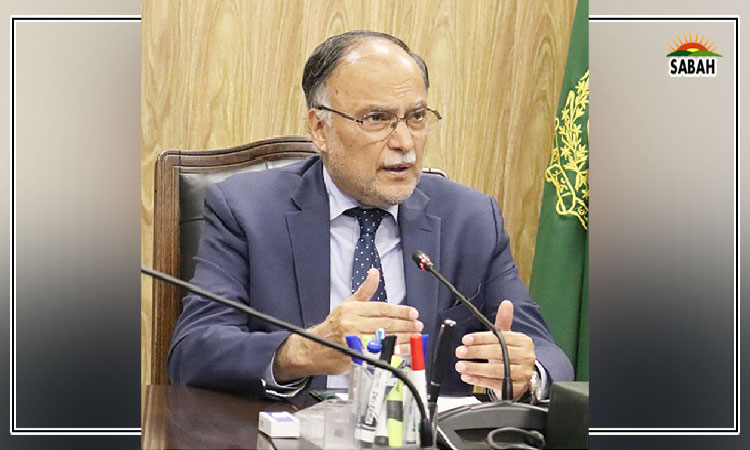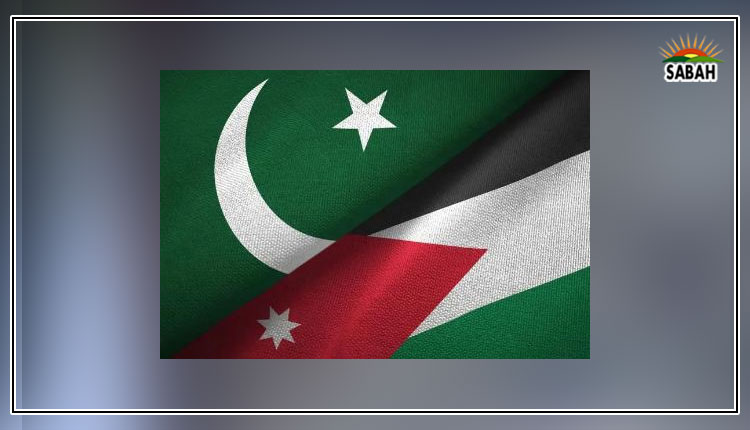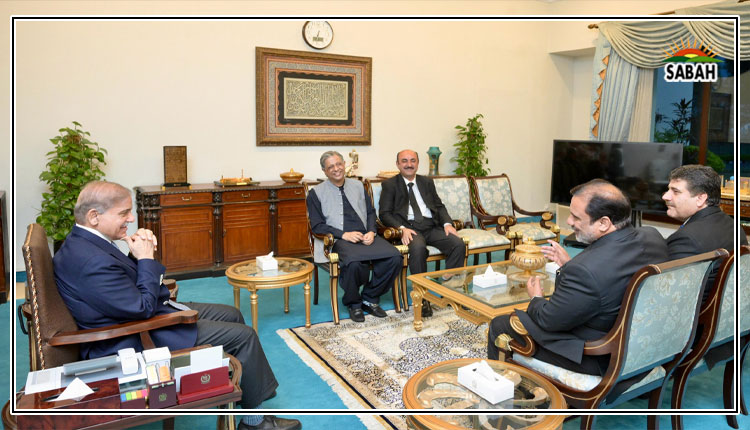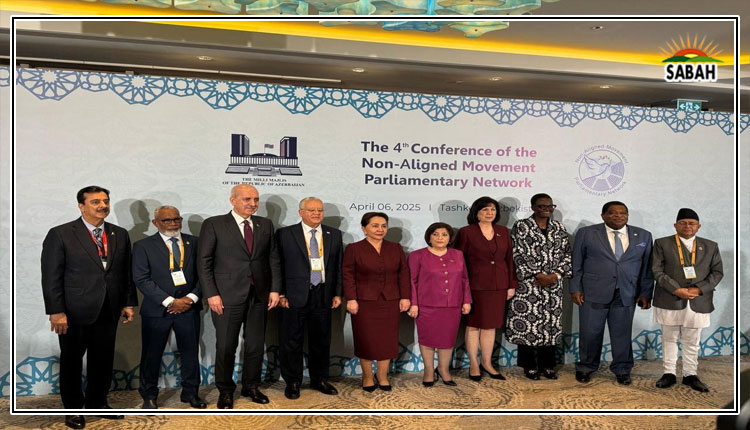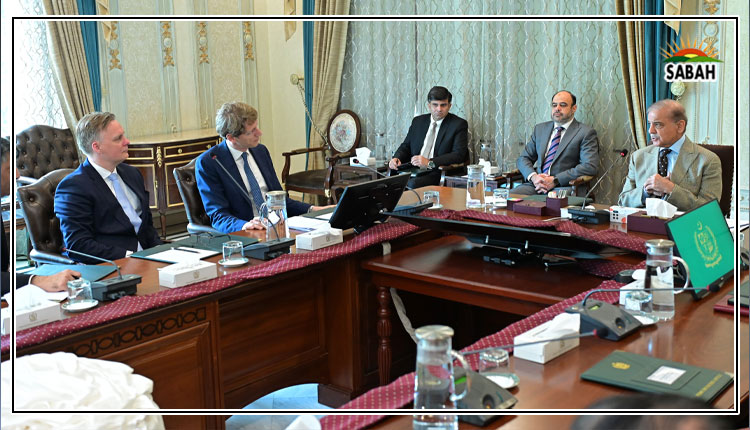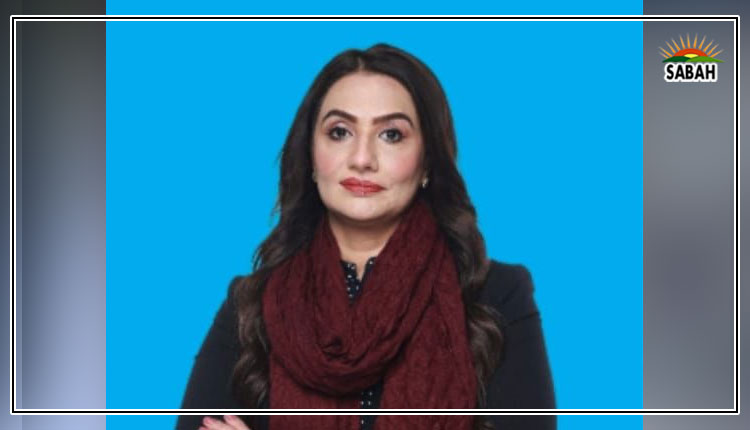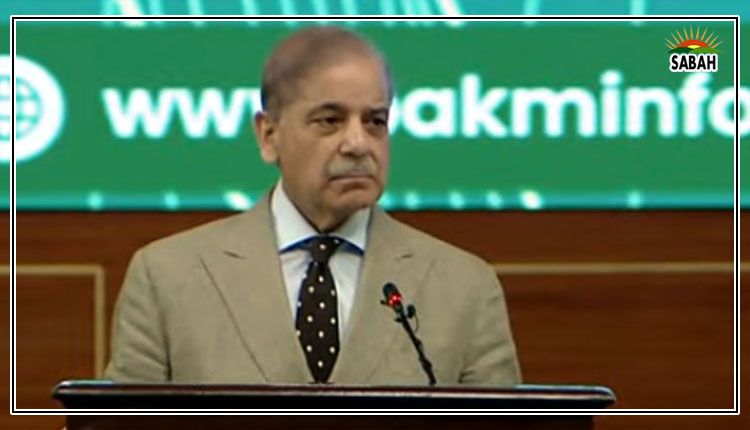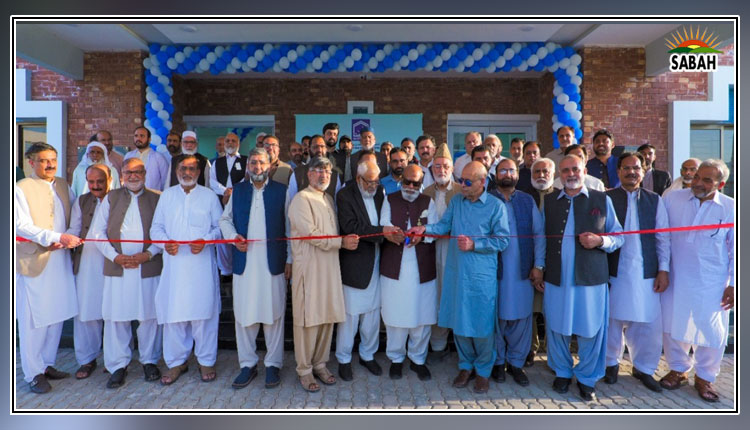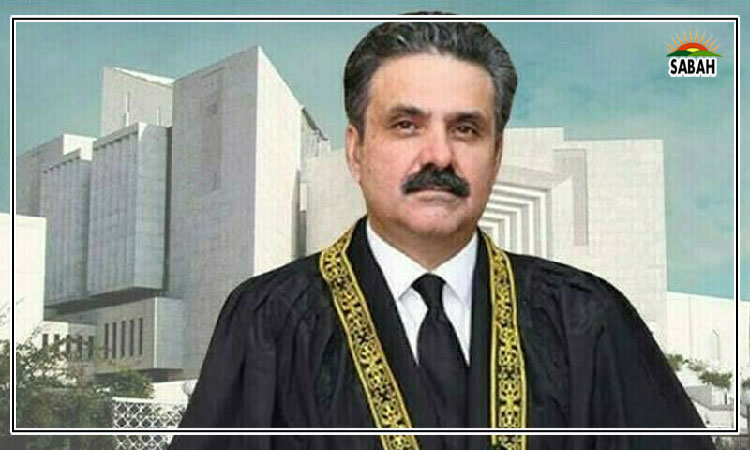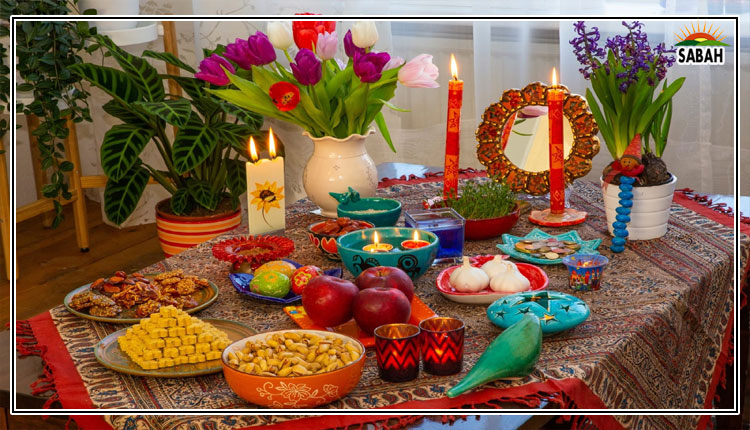Nowruz has been celebrated by diverse communities for over 3,000 years in Western Asia, Central Asia, the Caucasus, the Black Sea Basin, the Balkans, South Asia
TEHRAN, March 19 (SABAH): Nowruz or in Persian language نوروزis the Persian New Year celebrated in the ancient Persian civilization field in various countries worldwide, a part of which is Iran.
Nowruz has been celebrated by diverse communities for over 3,000 years in Western Asia, Central Asia, the Caucasus, the Black Sea Basin, the Balkans, and South Asia. It is a festival based on the Persian Solar Hijri calendar, on the spring equinox around 21 March on the Gregorian calendar.
Nowruz marks the beginning of spring in the Northern Hemisphere i.e. the moment at which the Sun crosses the celestial equator. In Iran, it is the day of the new year in the Solar Hijri calendar.
The United Nations officially recognized the “International Day of Nowruz” with the adoption of Resolution 64/253 by the United Nations General Assembly in February 2010.
Traditional customs of Nowruz include fire and water, ritual dances, gift exchanges, reciting poetry, symbolic objects and so on; these customs differ between the diverse peoples and countries that celebrate Nowruz.
Some basic customs which are observed in Nowruz include: House cleaning and shopping; Decorating the houses with flowers especially hyacinth and tulips; Visiting family and friends; Food preparation; and Decorating Haft-Siin table.
the Haft-Siin or in Persian language: هفتسین is the seven things beginning with the letter S س includes: • Sabze (Persian: سبزه) – greens like wheat, barley, mung bean, or lentil sprouts grown in a dish. • Samanu (Persian: سمنو) – sweet pudding made from wheat germ. • Persian olive (Persian: سنجد, senjed) • Vinegar (Persian: سرکه, serke • Apple (Persian: سیب, sib)• Garlic (Persian: سیر, sir) • Sumac (Persian: سماق, somāq)
The Haft-Siin table may also include a mirror, candles, painted eggs, a bowl of water, goldfish, coins, hyacinth, and traditional confectioneries. The Holy Book of Quran and Hafez Divan is also included for the Muslims.
As a human common heritage, Nowruz is an ancient common link between the components of a larger civilization field a part of which is Iran and the other countries that celebrate Nowruz. Nowruz is an element of identity reminding individuals of the civilisation about their links and commonalities that they shared during the centuries.


